From A2 milk to vitamin K2: the latest claims

maglara -stock.adobe.com.
What's the scuttlebutt on what some foods, drinks, or vitamins can do to you or for you? Here are five claims you might have heard or read about.
a2 Milk for a Better Belly?
"I had to cut dairy out of my diet completely because it was causing my discomfort and bloating," says "Jilly" on The a2 Milk Company website. "a2 Milk allows me to eat all my favourite foods again without the bad side effects."
A2 milk?
"Ordinary cows' milk contains a mix of A1 and A2 protein types," explains a2 Milk's label. "a2 Milk comes from cows that naturally produce only the A2 protein and no A1."
The company is targeting people who think they can't digest the lactose in milk.
"Millions of Americans have discomfort after drinking ordinary cows' milk, but in some cases, it is possible their symptoms may be caused by a sensitivity to the A1 protein!" says a2 Milk's website.
The evidence? It's skimpy and (surprise!) largely funded by The a2 Milk Company.
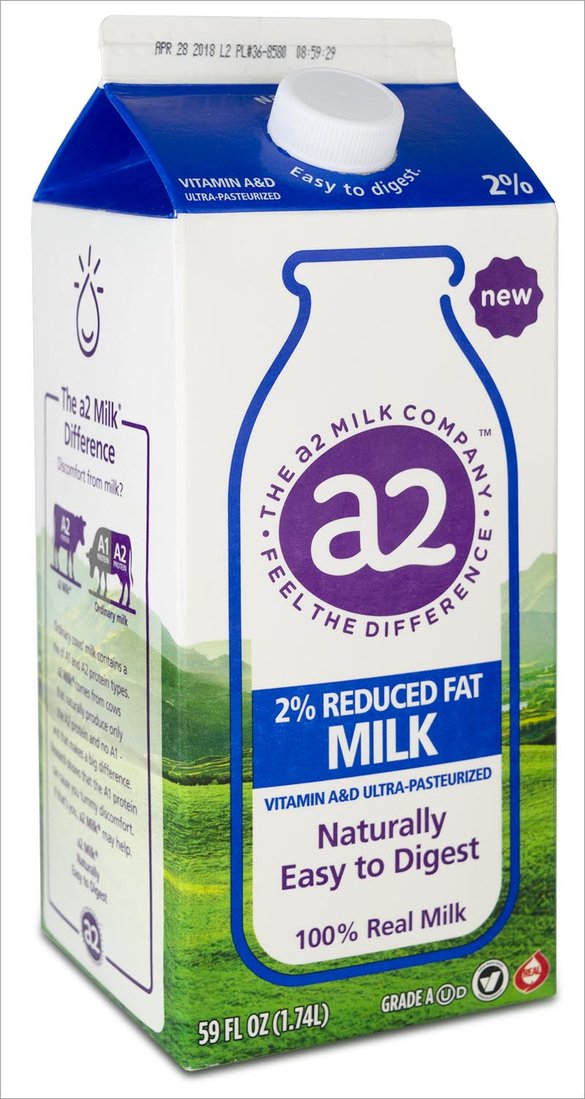
In the largest study, Chinese researchers randomly assigned 600 adults to drink 10 oz. of a2 milk on one day and 10 oz. of ordinary milk on another.1 All the participants said they had lactose intolerance.
The volunteers reported less severe gas, bloating, and abdominal pain after drinkIng the a2 milk than after drinking the ordinary milk.
But the differences weren't impressive. For example, on a scale of 0 to 9, the volunteers reported a typical bloating score of 3 three hours after drinking ordinary milk and a score of 2 after drinking a2 milk.
"If 0 is no bloating and 9 is the worst bloating you've ever felt, some people might find that difference meaningful," says Shanti Eswaran, a gastroenterologist and assistant professor of medicine at the University of Michigan Medical Center.
"But, clinically, the difference is probably negligible."
That's not all. The study had several irregularities.
For example, only 27 people reported "significant improvement" on any single symptom, but, somehow, 282 reported significant improvement on all symptoms.
And the researchers put people who had worse symptoms when they drank the a2 milk into the "no difference in symptoms" category—stacking the deck in favor of a2 milk.
Could the A1 protein cause the GI distress that many people blame on lactose?
"Maybe that's the case for a subset of people, but probably not the majority who complain of lactose intolerance," says Eswaran. "Most can't handle milk or ice cream, but do fine with yogurt and cheese, which are very low in lactose but high in milk protein."
Eswaran says that she is "intrigued" by a2 milk, but far from sold on it yet.
"We need a study in a North American population," she says. "The Chinese drink far less milk than we do, yet most a2 studies have been done in China. So it's not clear how the results apply to Americans."
And we need studies that aren't funded by The a2 Milk Company.
The Bottom Line: Can a2 milk prevent "digestive discomfort"? Not based on the evidence so far.
Canola Oil Causes Alzheimer's?
"Alzheimer's symptoms worsened by canola oil—and it could cause onset of dementia, scientists warn," ran Newsweek's headline in December.
Yikes. Time to toss your canola oil?
"I don't know how that study was ever published," says James Roede, a neurodegenerative disease researcher and assistant professor of toxicology in the department of pharmaceutical sciences at the University of Colorado, Denver.
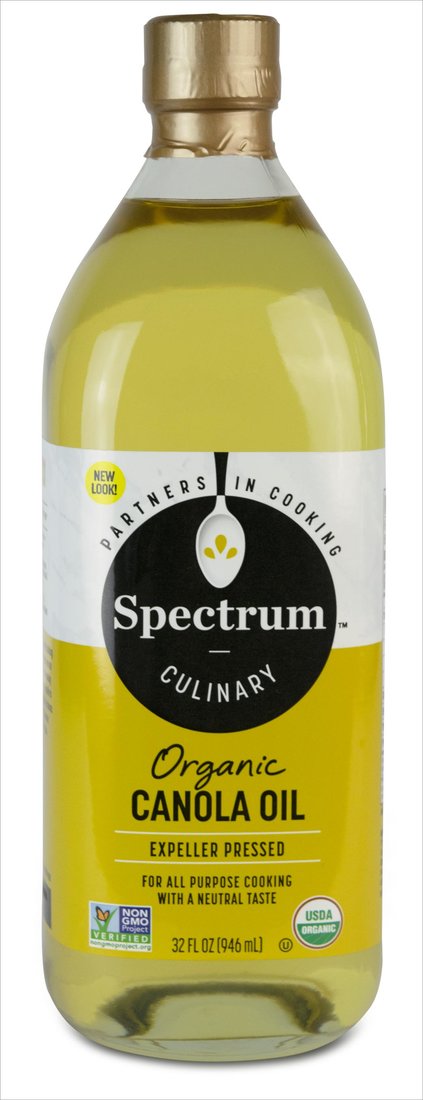
The study Newsweek was describing used six-month-old mice that were genetically engineered to have Alzheimer's-like plaques in their brains. For six months, the mice got either a control or a "canola oil-enriched" diet—the equivalent of about a teaspoon of canola oil added to every 200 pounds of food.2 (That's enriched?)
"Every part of the study design is flawed," says Roede.
First, what happens in the brains of mice may not happen to people who get Alzheimer's disease.
"Normal mice won't develop plaques on their own, so this mouse model pushes the brain to produce amyloid with multiple copies of genes," explains Roede. "It's totally artificial."
And while people with Alzheimer's have plaques made of beta-amyloid protein, "amyloid may be a marker, not a cause, of the disease," notes Roede. "Studies that have targeted amyloid have failed to reverse symptoms."
Second, the researchers didn't report how much food the mice ate or what was in the control diet. Worse yet, "if you look at the data, barely anything was statistically significant," says Roede.
In 35 of the roughly 40 markers and tests of brain health that the researchers looked at, canola oil had no impact at all.
One, the Morris water maze, "is a great test for assessing learning and memory," says Roede. "And they saw no difference with canola oil."
As for the five statistically significant differences: they could have been due to chance.
The Bottom Line: The evidence that canola oil causes Alzheimer's? Zilch.
Sparkling Water Harms Your Teeth?
Sparkling water has all the bubbly and none of the sugar of soda. But is there a downside?
"Sparkling water is made by pumping carbon dioxide into water," explains John Ruby, a retired professor of pediatric dentistry at the University of Alabama, Birmingham. "The CO2 turns into carbonic acid, and the pH drops."
A lower pH means that the liquid has become more acidic. (Pure water has a neutral pH of 7 on the 0-to-14 pH scale.)
Acids can erode tooth enamel. And "once you lose enamel, you never get it back," says Ruby. That can lead to sensitivity, discoloration, and loss of tooth structure.
"Erosion doesn't occur above pH 4," Ruby explains. "A pH of 3 to 4 is erosive, and 2 to 3 is extremely erosive." (Colas are around 2.4.3)
Seltzer or sparkling water with nothing added has a pH between 3 and 4, so either may damage your enamel.4 But drinking them with food raises the pH of what's in your mouth.
"So it's largely a problem if you're drinking them alone," says Ruby.
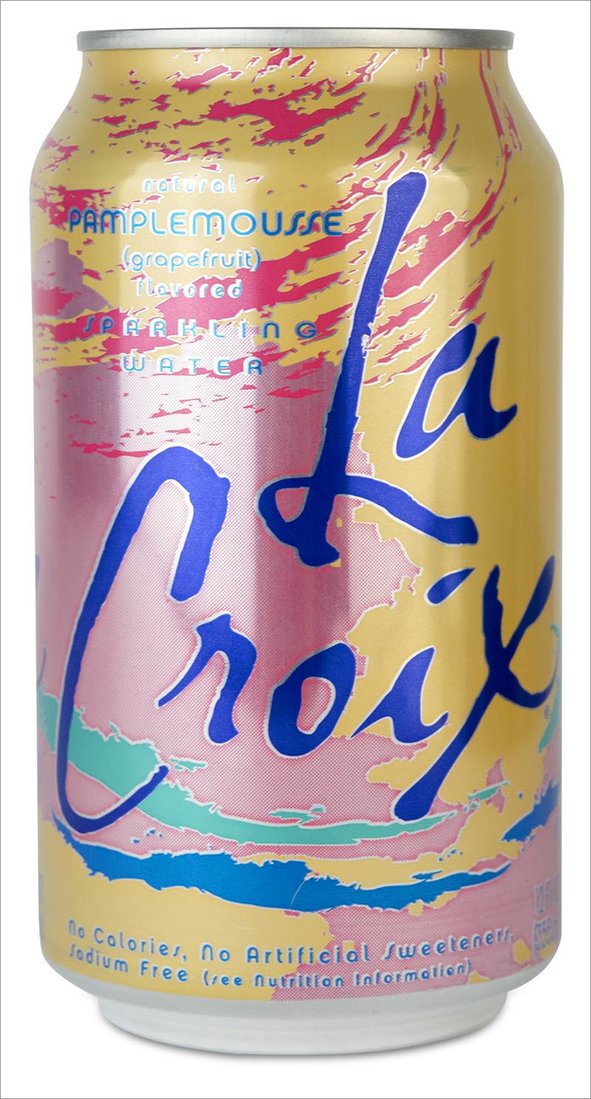
How much of a problem? No long-term studies have looked at enamel erosion in the teeth of sparkling-water drinkers.
And club soda and carbonated mineral water (like plain San Pellegrino or Perrier) have added or naturally occurring minerals, which raise the pH to about 5, well outside the erosion zone.3
(Click here for a chart that shows the pH of some common beverages.)
One question mark: flavorings.
"When companies start adding citric acid to carbonated water or citric or phosphoric acid to soft drinks, we're in a different ballpark," says Ruby, "because that drops the pH."
Many flavored waters have two ingredients: carbonated water and natural flavors. Citric acid could be a component of one of those "flavors," but labels don't have to list it separately, so consumers would never know.
"There are naturally occurring citric acids in many citrus flavors," LaCroix told us. "However, the levels in the finished product are extremely low," and LaCroix is "less acidic than traditional soft drinks." (The company wouldn't give us pH levels for its waters.)
Tips for sparkling-water fans:
■ Don't brush your teeth for at least 30 minutes after drinking. "The acid in the sparkling water softens up the surface of the tooth," Ruby explains. "That makes your teeth more sensitive to abrasion. The last thing you want to do is brush them."
■ Don't sip all day without food. The longer acids are in contact with your teeth, the more damage they do.
■ Beware if you have dry mouth. Saliva helps neutralize acid, so think twice about the bubbly if you have dry mouth.
The Bottom Line: Sparkling water is less acidic—and less sugary—than soda. It's not clear how much sparkling water is enough to erode your enamel, but if you're worried, don't overdo it.
Kava Cures Anxiety?
"Kava root has a long history of use in Polynesia for its mild sedative effects," says Craig Hopp, an expert on medicinal plants at the National Center for Complementary and Integrative Health.
"But that's very different from how people are using it today. Kava bars serving kava drinks have sprung up, and you can get kava as a dietary supplement."
Researchers are testing kava as a treatment for anxiety.
In the best study, which was funded by a kava distributor, 58 Australian adults with generalized anxiety disorder were randomly given a placebo or 120 milligrams a day of kavalactones (kava's active ingredient) for six weeks. They each got a double dose if their anxiety didn't drop after the first three weeks.5
At the end of the study, anxiety scores dropped by half or more in 37 percent of the kava takers, versus in 23 percent of the placebo takers.
That difference is about what researchers see in studies of some anti-anxiety prescription drugs, though the drugs have been tested in far more people.
"There hasn't been a large, definitive clinical study that can say for sure that kava effectively treats anxiety," says Hopp.
What's more, he adds, "you can't recommend kava without reservation."
No kidding.
Roughly 20 years ago, scattered reports that kava could cause liver toxicity led to bans in Canada and some European countries. Most have since been lifted.
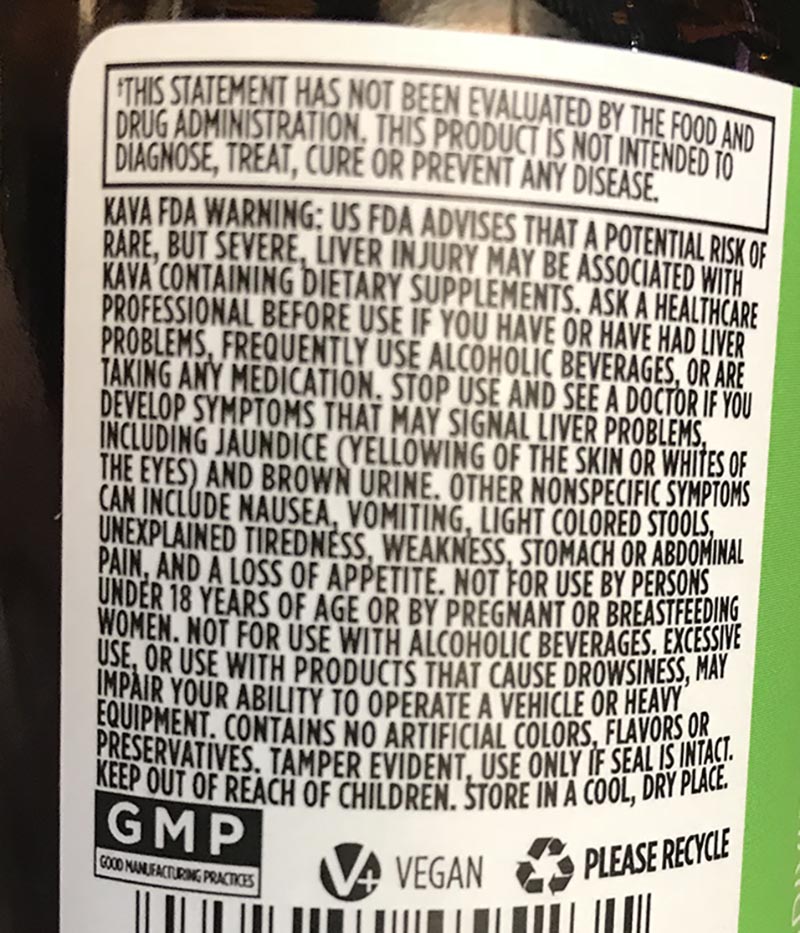
While "those cases were low relative to the number of people taking kava," Hopp notes, scientists don't know if something in the concentrated kava extracts in supplements could harm the liver or if kava could magnify the impact on the liver of alcohol or some medications.
So it's best to proceed with caution.
"Traditionally, kava wasn't consumed as a supplement, and it wasn't consumed every day," notes Hopp. "Polynesians didn't have their religious ceremonies at 5 o'clock on their way home from work."
The Bottom Line: There's not enough evidence to know whether kava curbs anxiety.
K2 Strengthens Bones?
"Vitamin K2 is crucial for osteoporosis prevention," claims Mercola.com (which will be happy to sell you a 30-day supply of K2 for $28). Hold on.
"There are 11 forms of vitamin K," says Sarah Booth, director of the Vitamin K Laboratory and of the Jean Mayer USDA Human Nutrition Research Center on Aging at Tufts University.
Leafy greens are good sources of K1. The other 10 forms, collectively called K2, are made by bacteria.
"We like to refer to a K2-rich diet as the Oktoberfest Diet," says Booth. "Cheese, cured meat, sauerkraut. And natto"— fermented soybeans—" is also loaded with K2."
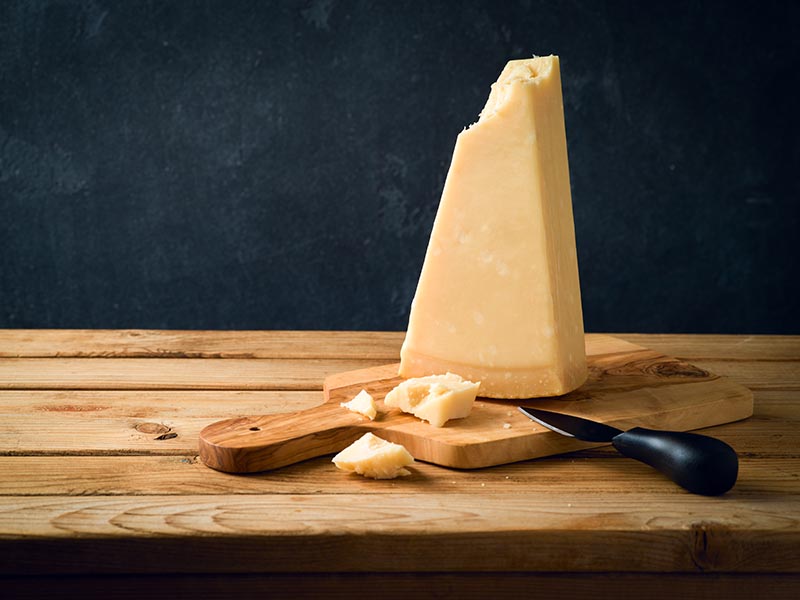
Is K2 essential for healthy bones?
"Multiple proteins in bone require vitamin K," Booth explains. "For example, osteocalcin is a marker for bone formation, and it can't bind to the calcium in bone unless it has vitamin K. And some data suggest a fairly strong association between blood markers of vitamin K intake and bone mineral density in older adults."6
But when researchers randomly assigned people to take vitamin K1 or a placebo, most saw nothing.
"Multiple trials, including at our center, came up empty," says Booth.7
Is vitamin K2 different?
Roughly 15 years ago, several Japanese studies reported a lower fracture risk in people given huge doses of K2—45,000 micrograms a day.8 The recommended daily intake is 120 micrograms (for all forms of vitamin K combined).
Newer trials testing lower doses of K2 have found either small or no benefits.9
For example, in one company-funded study, researchers assigned roughly 220 postmenopausal Dutch women to take a placebo or 180 micrograms a day of K2.10
After three years, the placebo takers had lost more bone mineral (3 percent) than the K2 takers (2 percent) at the site where most hip fractures occur. (The study didn't measure hip fractures.)
While the difference was statistically significant, "I wouldn't get too excited about it until other teams replicate those findings," says Booth.
The same research team also reported less bone loss with vitamin K1 supplements, but other researchers later tried—and failed—to replicate that result.
The Bottom Line: "Right now, there is no evidence to support anyone taking vitamin K supplements for bone health," says Booth. "You can easily get all forms of vitamin K from a healthy diet."
References
1Nutr. J. 16: 72, 2017.
2Sci. Rep. 7: 17134, 2017.
3J. Am. Dent. Assoc. 147: 255, 2016.
4 James M. Jay, Martin J. Loessner, and David A. Golden, Modern Food Microbiology. 7th Edition (New York: Springer, 2005), 210.
5J. Clin. Psychopharmacol. 33: 643, 2013.
6J. Clin. Endocrinol. Metab. 89: 4904, 2004.
7J. Clin. Endocrinol. Metab. 93: 1217, 2008.
8Arch. Intern. Med. 166: 1256, 2006.
9Osteoporos. Int. 21: 1731, 2010.
10Osteoporos. Int. 24: 2499, 2013.
Photos: Jennifer Urban/CSPI (milk, kava), Jolene Mafnas/CSPI (oil, seltzer), maglara/stock.adobe.com (cheese).

